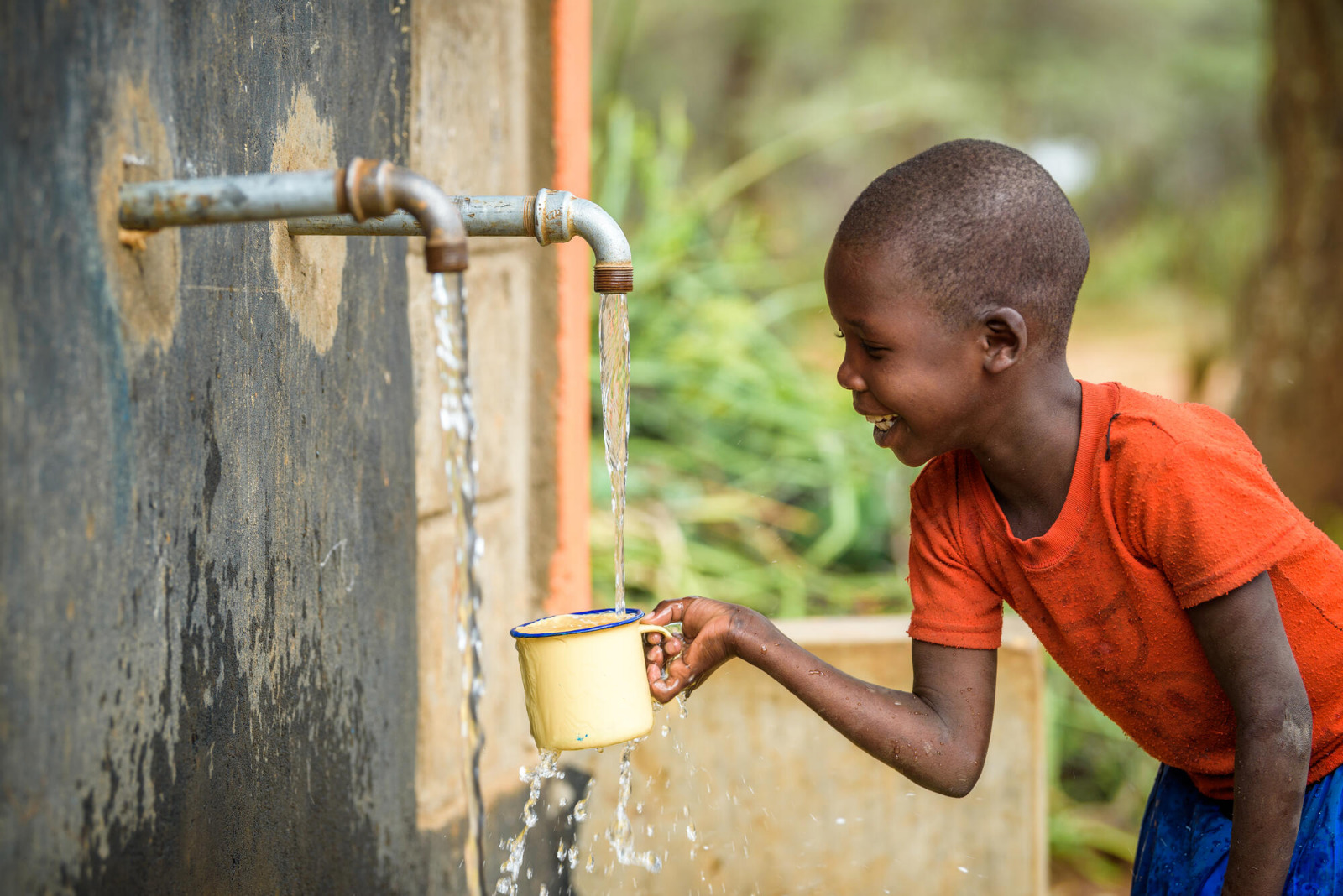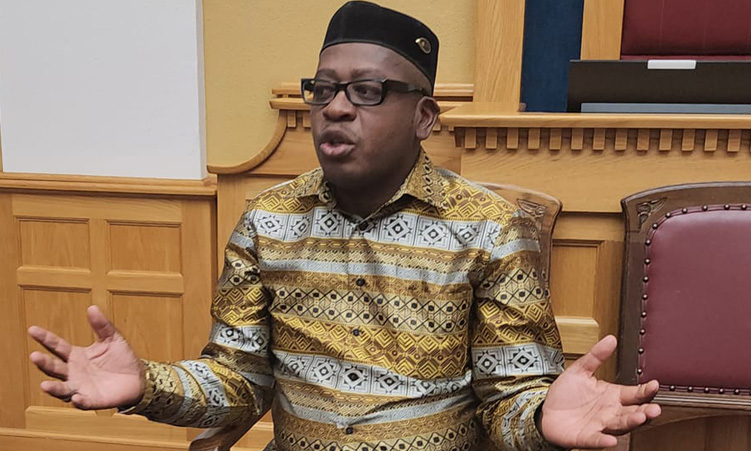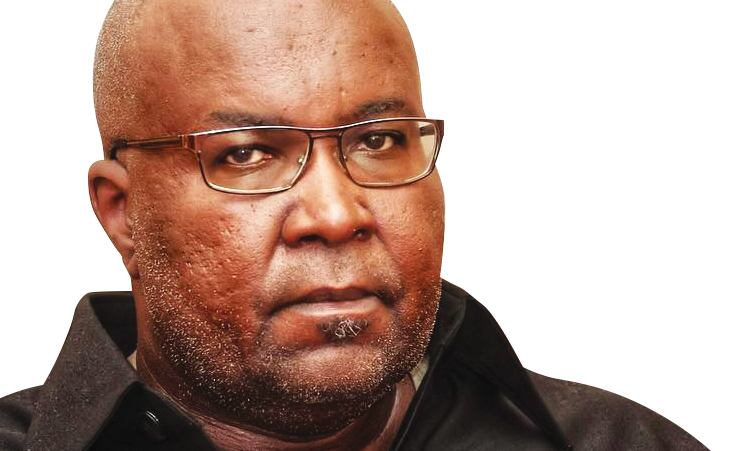Almost 40% of Namibian girls and 45% of boys have experienced physical, sexual, or emotional violence during childhood, a survey says.
According to the 2019 Violence Against Children and Youth survey, sexual and emotional abuse is rampant in Namibia, and many survivors do not receive the necessary care.
Only half of those who experience physical violence report this, and a mere 15% have access to support.
The World Health Organisation (WHO) released a report on Wednesday, highlighting the urgent need for strengthened child protection measures in Namibia.
UNDERREPORTED
“Children account for 10% of reported murder cases and 32% of reported rape and attempted rape cases annually.
“Around 80 children are removed from their homes each year due to abuse or neglect, with many more cases going unreported, according to police data.
“Critical gaps remain, including a lack of comprehensive training for professionals handling these sensitive cases,” the WHO says.
In 2019 and 2020, the police recorded 5 427 gender-based violence-related cases.
More recent and comprehensive data is limited.
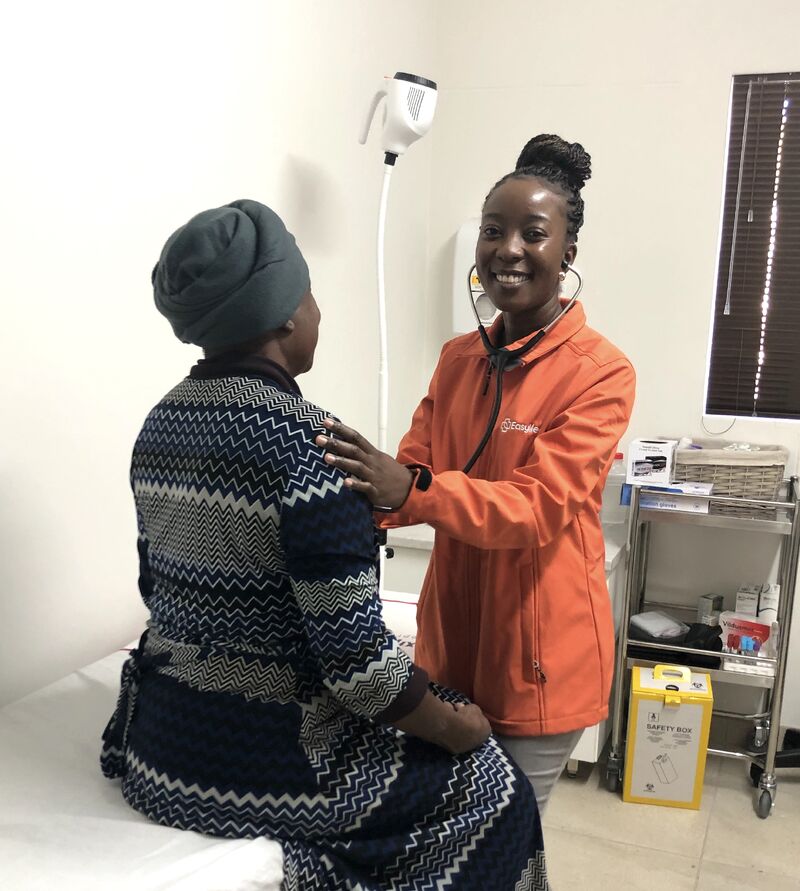
WHEN STORIES DON’T MATCH
Dr Julia Kaiyamo of the Katutura Health Centre in Windhoek has shared her experience of a recent child abuse case she had to deal with.
“The child’s injury pattern did not match the father’s account, so I involved a social worker,” she says.
The WHO says Kaiyamo’s intervention was informed by specialised training on how to address child abuse.
“For Dr Kaiyamo, it was thanks to the training, delivered with support from the WHO, that she was able to determine the cause of the three-year-old’s injuries, which had been misrepresented by her father,” the statement reads.
It says to tackle this pressing issue, the Ministry of Gender Equality, Poverty Eradication, and Social Welfare, in collaboration with the Ministry of Health and Social Services and the WHO, has been training frontline workers to better address violence against children.
A total of 37 healthcare workers and police officers recently underwent training on how to approach sensitive cases.
The training was hosted with the financial support of the government of Japan.
The WHO says Namibia is the first country in Africa and only the second globally to adopt its handbook on this topic.
“The training added significant value to my role, especially through the ‘listen, inquire, validate, enhance safety, child and adolescent-friendly caregiver support’ approach,” Kaiyamo says.
She and her colleagues say the WHO’s guidance has transformed their approach to documenting abuse.
Initially hesitant to record cases due to fears of court appearances, they now conduct thorough examinations and refer victims to gender-based violence (GBV) protection units.
Social workers also play a vital role in responding to these cases, she says.
“The workshop allowed me to reflect on the impact of violence on victims and refreshed our approach to handling cases,” says Cherrie Philemon, a senior social worker at the gender ministry.
To further enhance child protection, Namibia has established forums at various administrative levels, with local constituency structures facilitating coordination within towns and villages.
“Namibia’s leadership as one of the path-finding countries committed to ending violence against children is commendable.
The adaptation of the clinical handbook will further support the implementation of the National Agenda for Children and strengthen the capacity of the health workforce to provide quality care for children at risk of maltreatment,” says WHO representative in Namibia Dr Richard Banda.
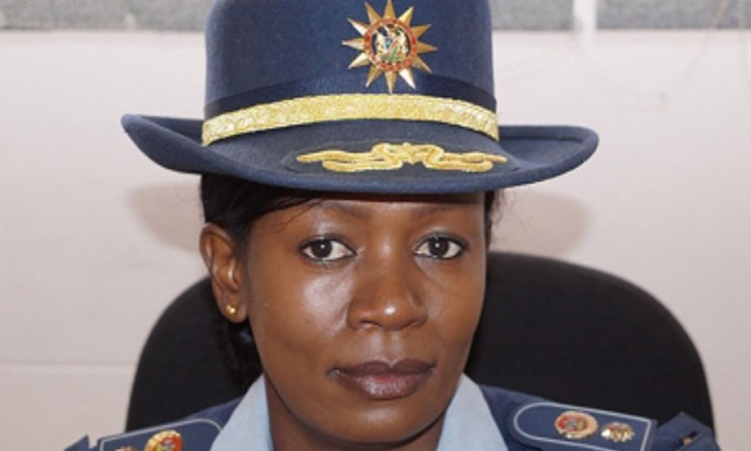
RECENT RAPE CASES
The Namibian recently reported that the police are looking for a man who allegedly raped a toddler (2) at Gobabis last month.
National police spokesperson deputy commissioner Kauna Shikwambi says the suspect broke into a shack while the members of the household were watching TV with their neighbours.
The shack’s door was closed but not locked, and the toddler was sleeping there.
When a girl (13) who was watching TV with her parents at their neighbour’s house decided to go home and sleep, she discovered the man raping the toddler.
“She immediately ran back to the neighbour’s house and informed the mother,” Shikwambi says.
The suspect, who is known to the police, fled the scene.
Efforts to arrest him are ongoing.
The toddler was taken to Gobabis State Hospital, while police investigations continue.
In a separate rape incident at Eenhana last month, two men, aged 22 and 27, were arrested after they allegedly gang-raped a girl (16).
The suspects allegedly beat the girl with a stick.
Stay informed with The Namibian – your source for credible journalism. Get in-depth reporting and opinions for
only N$85 a month. Invest in journalism, invest in democracy –
Subscribe Now!







